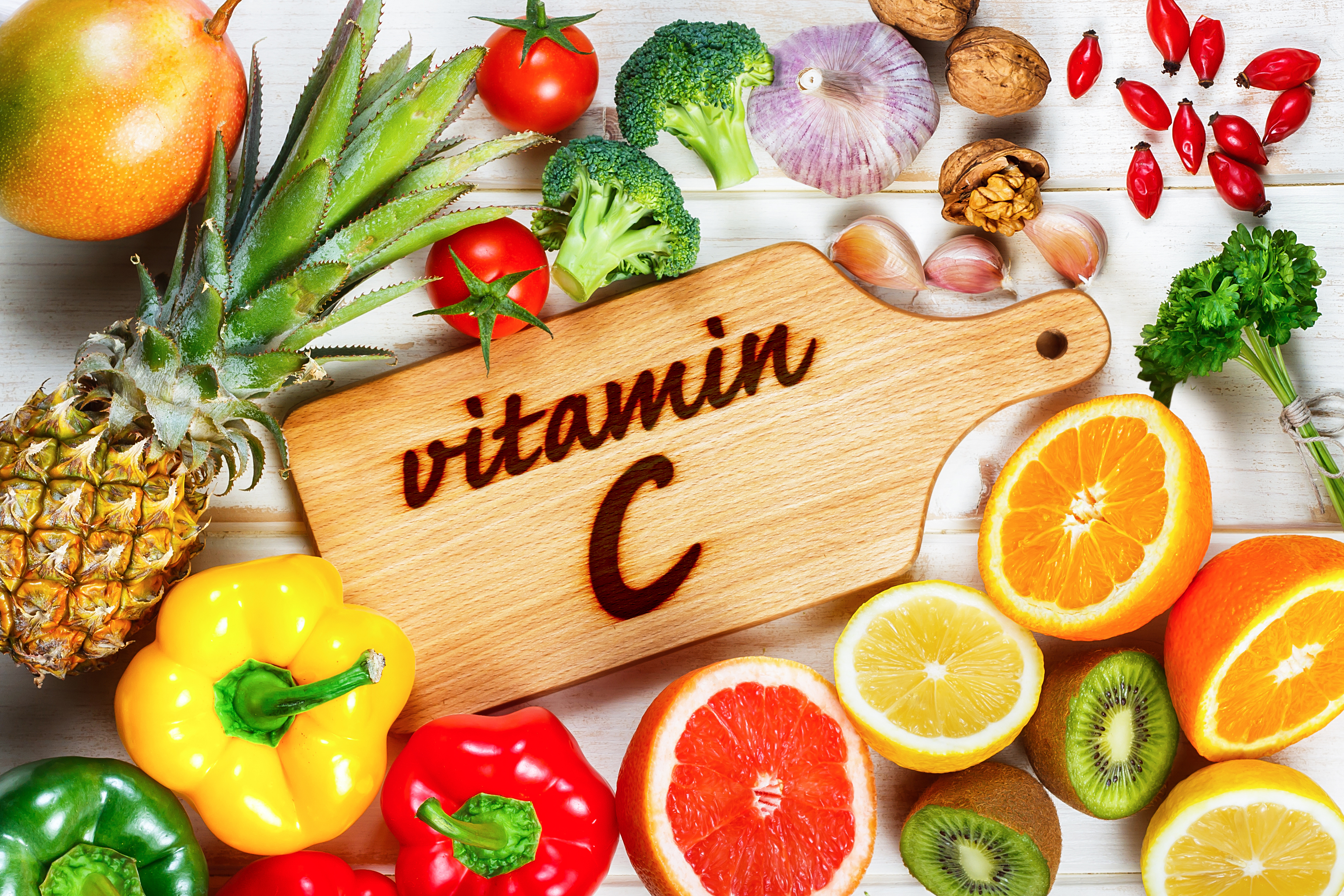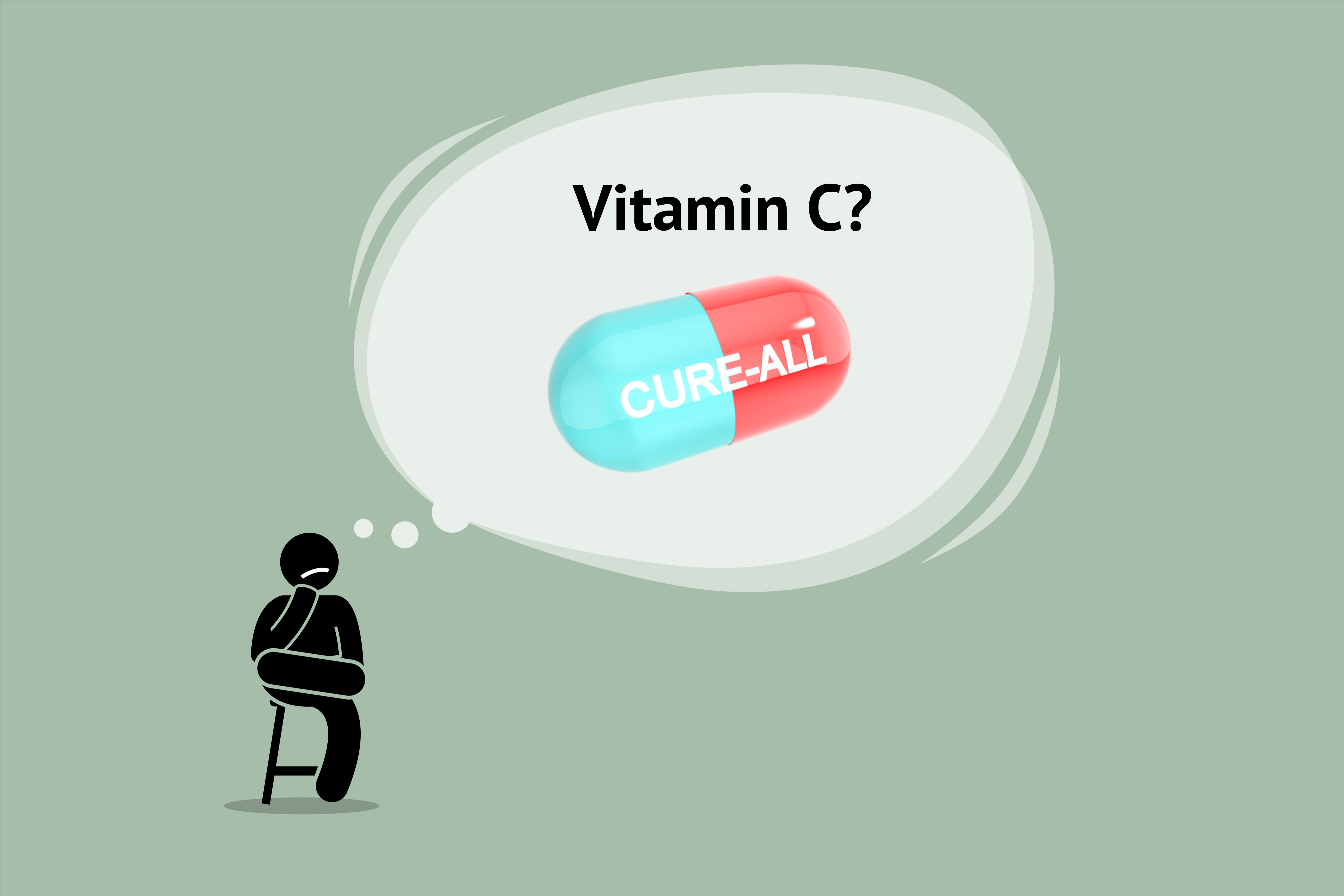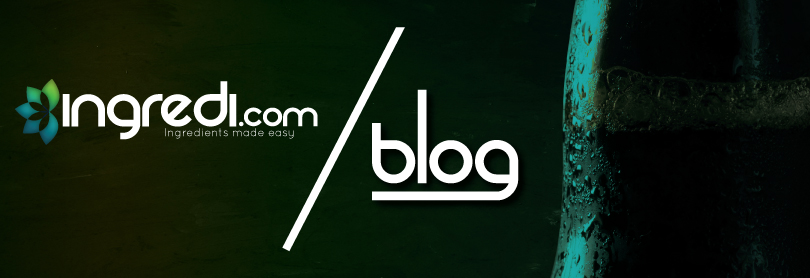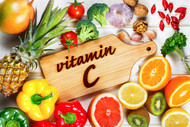Is Vitamin C Important in Our Diet?
By on Dec 15th 2020

Vitamin C has been the long-time reigning champion of vitamin supplements. For generations we have been told to make sure we have enough Vitamin C in our diet. It is said it can prevent the common cold, reduce the risk of cancer, protects against eye diseases, and even treat lead toxicity. So, does Vitamin C really deserve the high praise it receives?
Spoiler… although vitamin C is a good supplement and does have a lot of benefits, it might not be the perfect cure-all supplement that people have been led to believe.
Vitamin C & Ascorbic Acid
For starters, the chemical name for Vitamin C is Ascorbic Acid. So why do we call it Vitamin C? In its simplest terms, a vitamin is something that we as humans need but do not produce naturally ourselves. Surprisingly, a lot of other mammals do produce their own “Vitamin C” but, in those terms it is just considered Ascorbic Acid.
So where do we get it from if we can’t just make it? Ascorbic Acid naturally comes from plants and fruits. It is common in citrus fruits like lemons, and oranges but also found in cabbages and broccoli. The supplement can also be made industrially using fermentation of sorbitol into sorbose, then sorbose into another chemical called 2-keto-I-gulonic acid (KGA) this is then fermented again. This modern fermentation process yields approximately 60% Ascorbic Acid from the original glucose starting material. But let me stay on course.
Early Discoveries of Vitamin C Benefits
You have probably heard stories of pirates getting scurvy… “Arg! You scurvy dog”. This is due to a vitamin C deficiency. Often sailors’ rations would not contain a lot of fresh fruits and vegetables because they would rot during the long journey. This lack of vitamin C containing foods led to them getting scurvy. The search for a cure for scurvy was long and important as scurvy may have killed more sailors than any other war or storm. The British were one of the first ones to really find and utilize a cure by treating sailors with vitamin C. This helped them to stay at sea for long periods of time and even gave them a distinct advantage over the French during the Napoleonic wars.
The Modern Cure All?

People often claim that vitamin C can prevent the common cold, but is there any facts behind this claim? Prevent… not really. Vitamin C can potentially decrease the duration you may be sick or even weaken the symptoms, but it will not prevent the common cold. Vitamin C acts as an antioxidant which helps strengthen your immune system, but this does not ensure by any means that you will not “catch a cold”.
Vitamin C may also help manage high blood pressure. According to the National Library of medicine, vitamin C supplementation decreased systolic and diastolic (upper and lower valve respectively) blood pressure by an average of 1.7 mmHg. This may also reduce the risk of heart disease which is always good.
As for the claim that vitamin C can help prevent lead poisoning, there is a lot of conflicting evidence. There does not appear to be a significant relationship between dietary ascorbic acid intake and blood lead concentrations, according to the National Library of Medicine. It indicates that the benefit may be minimal if any benefit at all. Now it is believed to help with iron deficiency as it increases iron absorption, along with creating more white blood cells to help fight infections.
Additionally, vitamin C may help prevent or lessen the severity of cataracts which could be “seen” as a great benefit. Also, the claim that vitamin C can prevent cancer may not be completely irrational as studies are currently being conducted. Unfortunately, as of now, there is no conclusive studies or review that show its ability to prevent cancer, but it is also being explored as a possibly therapy.
There is one thing to note though. You have probably heard that “correlation does not mean causation”. People with higher levels of vitamin C may also be more likely to have an overall healthier lifestyle. The studies commonly show that people with higher levels of vitamin C are healthier than those with lower levels. Now they could be healthier because of their higher levels of vitamin C or because they generally eat healthier nutrient-rich foods that happen to have higher levels of Vitamin C. All studies are linked bellow and we will allow you to be the judge.
Overall, Vitamin C is an important vitamin that our body needs. Whether it deserves to be the top ranked vitamin I guess you could say is still up to debate. But no matter how or where you add it to your diet, it’s necessary and most likely will improve your overall health. It is generally recognized as safe, but as with all things, it should be consumed in moderation.
Looking for Ascorbic Acid (Vitamin C)? Shop Ingredi.com and buy in bulk:
Sources:
https://www.webmd.com/diet/features/the-benefits-of-vitamin-c#1
https://www.mayoclinic.org/drugs-supplements-vitamin-c/art-20363932
https://www.healthline.com/nutrition/vitamin-c-benefits
https://pubmed.ncbi.nlm.nih.gov/22492364/
https://pubmed.ncbi.nlm.nih.gov/15585762/
https://pubmed.ncbi.nlm.nih.gov/19674720/
https://pubmed.ncbi.nlm.nih.gov/20200263/
https://pubmed.ncbi.nlm.nih.gov/25157026/
https://pubmed.ncbi.nlm.nih.gov/18277182/
https://pubchem.ncbi.nlm.nih.gov/compound/Ascorbic-acid
https://webarchive.nationalarchives.gov.uk/20120119194657/http://www.competition-commission.org.uk/rep_pub/reports/2001/fulltext/456a4.2.pdf
https://www.webmd.com/drugs/2/drug-322/ascorbic-acid-vitamin-c-oral/details
https://www.sciencehistory.org/distillations/the-age-of-scurvy
https://pubmed.ncbi.nlm.nih.gov/15743017/
https://www.healthline.com/nutrition/vitamin-c-deficiency-symptoms#TOC_TITLE_HDR_13
https://ndb.nal.usda.gov/ndb/
https://pubmed.ncbi.nlm.nih.gov/10812921/
https://www.ncbi.nlm.nih.gov/pmc/articles/PMC3185206/
https://www.webmd.com/eye-health/cataracts/news/20160324/healthy-amount-of-vitamin-c-might-keep-cataracts-at-bay#1
https://www.cancer.gov/research/key-initiatives/ras/ras-central/blog/2020/yun-cantley-vitamin-c
https://www.aoa.org/healthy-eyes/caring-for-your-eyes/diet-and-nutrition?sso=y






